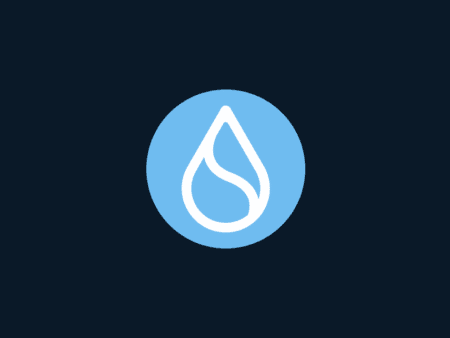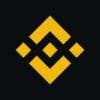⚡ TL;DR – DAO Explained in Simple Terms
A DAO functions as a decentralized organization, utilizing blockchain-based smart contracts to facilitate transparent governance, token-holder participation, and autonomous decision-making
❓ What exactly is a DAO, and how does this revolutionary form of decentralized governance actually function in practice?
A DAO (Decentralized Autonomous Organization) is a blockchain-based entity, governed collectively by its members instead of a central authority. It functions in a decentralized manner, enabling transparent decision-making and autonomous operations. Using smart contracts—self-executing code on the blockchain—DAOs automate decisions and operations.
Think of a DAO as a digital cooperative where token holders actively participate. Members actively engage in governance by submitting proposals, voting on them, and executing approved initiatives transparently through code, promoting security, efficiency, and community-driven decision-making.
How Does a DAO Work?
DAOs operate through smart contracts, which define the organization’s rules and execute decisions without the need for centralized control. Here’s how the process typically unfolds:
- Smart Contract Rules: Smart contracts on the blockchain encode all operational rules. As a result, these contracts automatically execute actions when predefined conditions are met. Furthermore, this ensures smooth and reliable execution, enhancing overall efficiency and trust.
- Governance Tokens: Members hold governance tokens that grant voting power. Depending on the DAO’s structure, the number of tokens may influence voting weight.
- Proposal & Voting System: Members can submit proposals—such as funding new initiatives or making structural changes. The community votes on each proposal to determine whether it should pass.
- Automated Execution: Once members approve a proposal, smart contracts automatically execute it, ensuring transparent and unbiased enforcement of decisions.
For example, a DAO might vote to fund the development of a new dApp or support a community-led project—executing the decision fully on-chain.
🔑 Key Takeaways
- DAO (Decentralized Autonomous Organization): A blockchain-based entity governed collectively by members through token-based voting.
- Smart Contracts: Automate and enforce decisions with transparency, eliminating centralized control.
- Empowerment: DAOs enable individuals to shape the future of decentralized projects, applications, and ecosystems.
❓ Frequently Asked Questions About DAOs
A DAO is a decentralized organization managed by its community through smart contracts and token-based voting. It removes the need for centralized leadership, relying instead on rules encoded on the blockchain.
To join a DAO, you typically need to acquire its governance token, which grants you the right to participate in proposals and vote on key decisions. These tokens are often available through decentralized exchanges or community airdrops. Once you hold the token, you can take part in the DAO’s governance process directly on-chain.
Joining a DAO empowers you to actively participate in shaping the direction of a project or community you believe in. As a token holder, you gain a voice in governance, with the ability to vote on proposals, funding decisions, and protocol changes. DAOs also offer transparency, shared ownership, and financial incentives, making you not just a user—but a co-creator of the ecosystem.
Decisions within a DAO are made through a decentralized voting process. Consequently, this ensures that governance is transparent and fair. Token holders submit and vote on proposals—ranging from funding initiatives to protocol changes. Once a proposal receives enough support, smart contracts automatically execute the outcome, ensuring transparency, security, and trustless governance.
Yes, you can leave a DAO at any time by selling or transferring your governance tokens. Once you no longer hold tokens, you lose your voting rights and the ability to participate in the decision-making process. Depending on the DAO’s structure, you may also forfeit access to certain benefits like rewards, airdrops, or community perks associated with token ownership.












